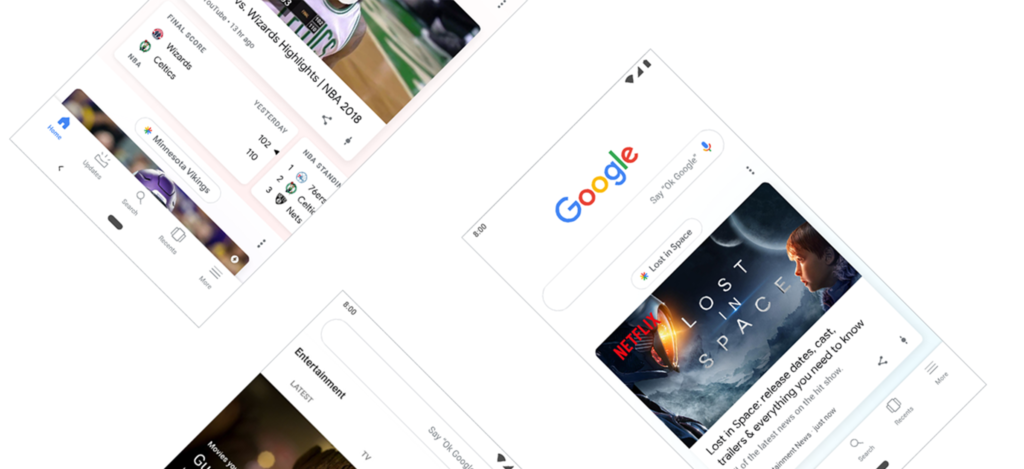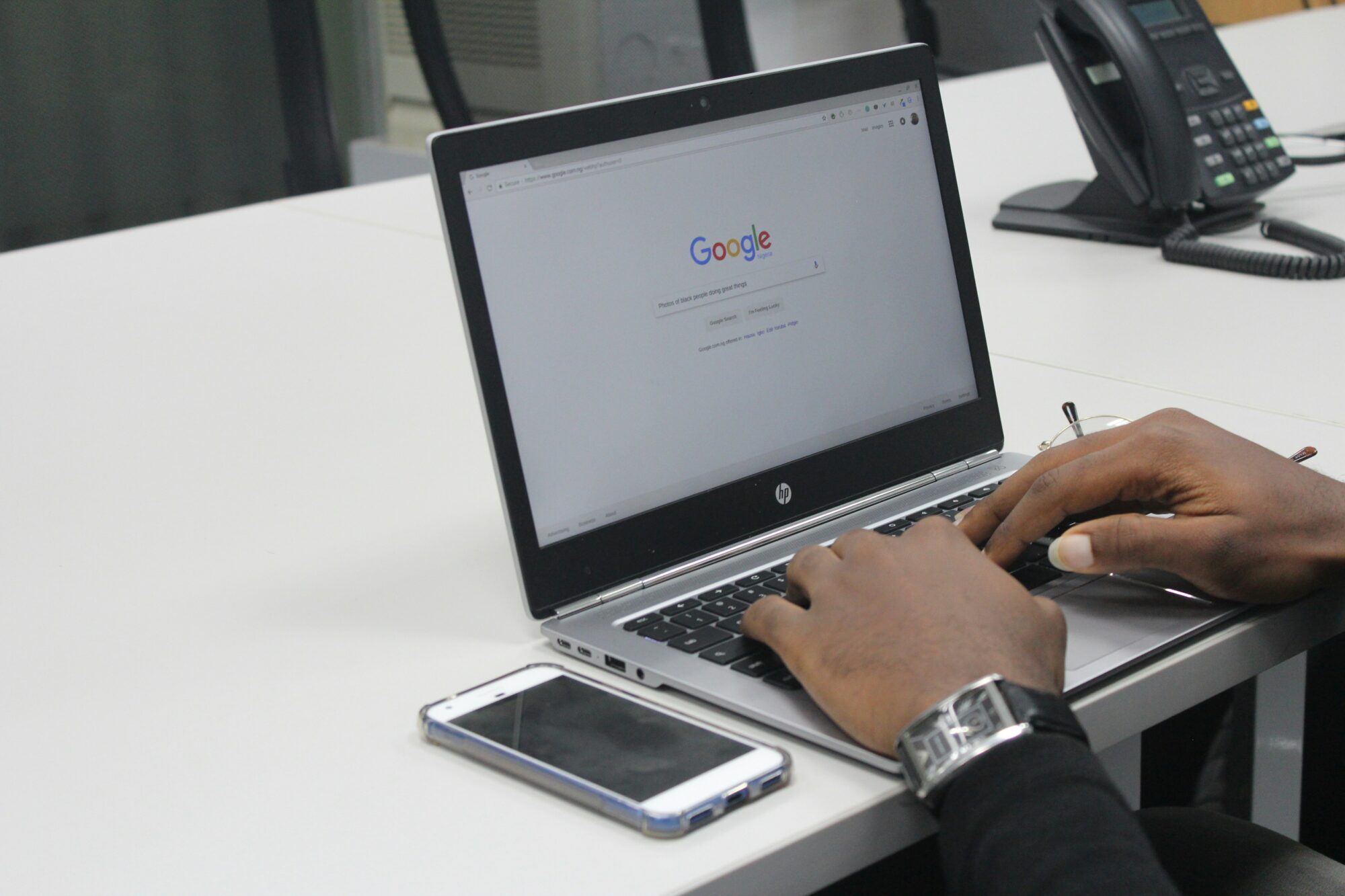Google Is Deleting Gmail Accounts—3 Steps Needed To Keep Yours
This story was originally published on September 9. Now includes a guide to managing and switching between multiple Gmail accounts on a single device to prevent your account from being deleted.
Google dominates the free email market with around 1.8 billion Gmail users. It should come as no surprise then that warnings about Gmail account deletions can be alarming. So, let’s clear things up and confirm what’s actually happening. Yes, Google is deleting Gmail accounts. No, not everyone will be at risk as only inactive accounts are being targeted. For your peace of mind, there are steps you can take to ensure. That your Gmail, as well as the content in your Photos and Docs accounts, aren’t affected. Here’s what you need to know and do.
Google’s Inactive Account Policy (Means Gmail, Photos, And Docs Content Could Be Deleted)

I wasn’t absolutely surprised, as I had read about the changes being made to Google’s inactive account policy well before last year. In a blog post about security, Ruth Kricheli, Google’s vice president of product management. It provided an update to explain precisely what would happen and when.
The changes mean that an inactive Google account is now defined as one that has not been used within a two-year period if the user is inactive across Google for at least that period. “Google reserves the right to delete an inactive Google Account,” the policy makes clear, that we may delete the account and its contents. It includes content within Google Workspace (Gmail, Docs, Drive, Meet, Calendar) and Google Photos.”
The Security Reasoning Behind The Gmail Account Deletions
Google has invested a lot of time and money into making Gmail as safe and secure as possible for its users, whether in terms of anti-spam measures, phishing scam protection, or account hijacking defense. “Even with these protections,” Kricheli said, “if an account hasn’t been used for an extended period of time, it is more likely to be compromised.”
One of the drivers of such compromise of older and unused accounts is weak login credentials and a lack of two-factor authentication. Passwords are often shared between accounts, something I have a headache from repeatedly warning against, which can lead to a breach from one service impacting the security of another. Our internal analysis shows abandoned accounts are at least 10x less likely than active accounts to have 2-step verification set up,” Kricheli warned. The end result is that inactive accounts are much more likely to be vulnerable than active ones.
Three Steps To Take Now To Prevent Your Gmail Account Being Deleted
If you only have one Google account, then your Gmail is perfectly safe from deletion, assuming you have used it within the last two years. The problem is purely with those users who have multiple accounts or maybe ones set up purely to store photos or data that have not been accessed in a long while or forgotten about altogether. Although a forgotten account might seem pointless to save, it could contain content that you may wish to access further down the road. Here are three activities:
- Read or send an email.
- Share a photo or watch a YouTube video while signing into the relevant Google account.
- Use Google Drive or Search.

And that’s it. Doing any of these things at least once every year or so should ensure your account is safe from deletion. Those actions can be taken on any device, as this is an account-specific policy. If it has been a while since you accessed an account, I would heartily recommend that you take a Google Account Security Check-Up to ensure that you have the necessary security measures in place to protect it.
Google Cites Exceptions To The Inactive Account Rule
Google has made it very clear that any Google account not used within a 24-month period is considered inactive. So all its content and data can be deleted, there are exceptions to this rule. These are in addition to the steps noted above.
You’ll be notified ahead of time if an account is deleted because it is inactive, providing you with plenty of time to take any necessary steps to protect it and its contents from the guillotine. These will come in the form of emails that are sent to both the account itself and your recovery email. A Google account will be considered active, even if it hasn’t been used after the maximum period for the above reasons. If it meets one or more of the following requirements:
- Your Google account has been used to make a purchase, specifically of a Google product, application, or service.
- Your Google account has been used to purchase a subscription, but only one that is ongoing or current.
- Your Google account contains an active gift card that has a positive monetary balance.
- Your Google account has an active minor account that is managed with the Family Link service.
- Your Google account has been used to purchase a book, movie, or other digital item.
It should also be made clear that the inactive account policy only applies to personal accounts and as such will not impact those accounts for organizations such as schools or businesses.
What If I’ve Forgotten My Gmail Account Password?
Unfortunately, there is no way to check your activity status other than by signing into your Google account. This seems fairly logical, but what if you have forgotten your login credentials? Before we get started with the nitty gritty of Google account recovery, I feel honor-bound to restate my use of password advice that I’ve repeated many times over the years: use a password manager.
This makes it impossible to forget login credentials as they are stored, encrypted, and secure, by the password manager application either locally or in the cloud. The only password you need to remember is the master password that unlocks access to your password vault. For most use cases, it’s pretty safe to write this down and hide it somewhere in your house. And before the usual suspects start complaining about weak security. The chance of a robber entering your house to steal a password is finitely remote, as is the chance of a common burglar finding your password and knowing what application it works with.

